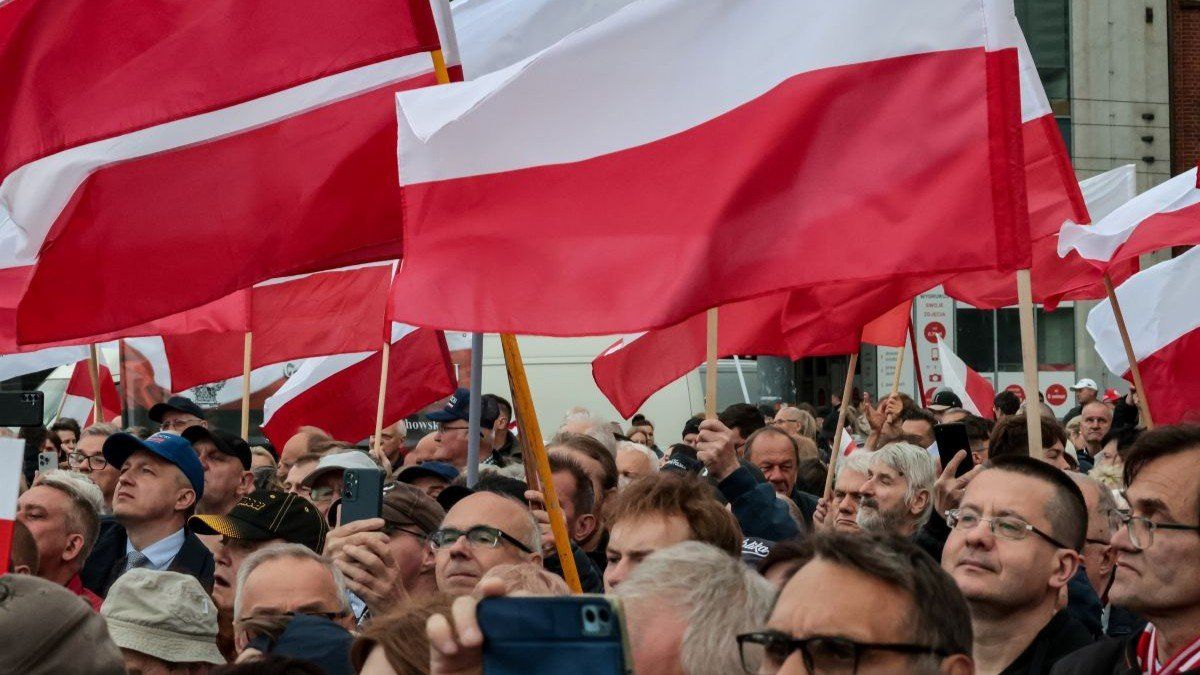Poles go to the polls
On Sunday, conservative Karol Nawrocki and liberal candidate Rafal Trzaskowski will face off in the second round of Poland’s presidential election. There isn’t a clear favorite. A Trzaskowski win would give Prime Minister Donald Tusk a key ally for both his domestic reform plans and stable relations with the EU, while victory for Nawrocki would saddle Tusk with a determined political enemy who can block his legislative agenda.
China courts Pacific Islanders
At a gathering in Xiamen, China, on Thursday, Foreign Minister Wang Yi told top diplomats from 11 Pacific Island nations that Beijing will provide $2 million to help them adapt to climate change and speed negotiation of trade deals that would open Chinese markets to more of their exports. A joint statement following the meeting did not mention US President Donald Trump by name, but it did stress there are “no political strings attached to China’s assistance, no imposing one’s will onto others, and no empty promises.” Who needs subtlety?
Russia preparing its expected offensive?
Ukrainian President Volodymyr Zelensky warned on Thursday that Russia has massed 50,000 troops near Ukraine’s Sumy region, an area Moscow hasn’t threatened since the early days of the war. It is widely expected that Russia will launch a major offensive this summer to try to seize more territory and degrade Ukrainian defenses in advance of talks to end the war. It’s not yet clear whether Russia is simply creating a buffer zone to protect its Kursk region from future Ukrainian attack or it intends to expand the war into Sumy.
